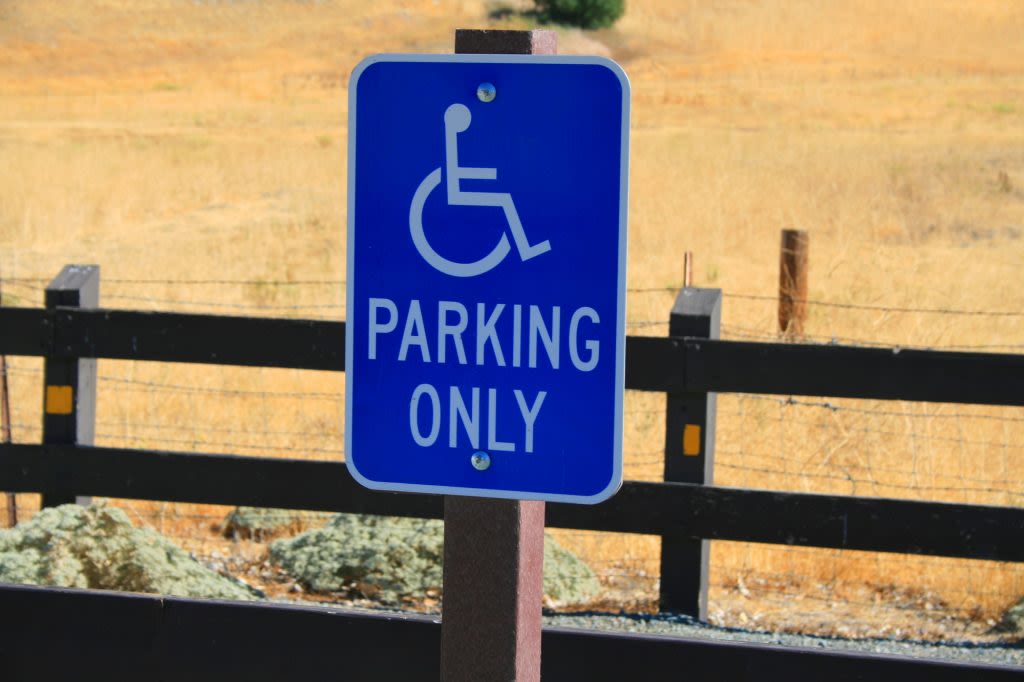
Parking Ticket Penalties: Record and Insurance Implications
TABLE OF CONTENTS
Questions
In the 1997 film Liar Liar, the character Archie Bowflex suddenly finds himself unable to lie — which gets him into trouble when he is pulled over in his convertible sports car. After admitting to a litany of moving violations, Bowflex opens his glove box and releases a heap of unpaid parking tickets.
Usually, a single parking ticket that you resolve quickly won’t go on your record or affect your insurance rates. But if you, like Archie, accumulate a pile of parking tickets that you ignore, it won’t go on your record, but you could see your insurance rates increase.
KEY TAKEAWAYS
- 1
Unpaid parking tickets won’t go on your record, but their consequences might.
- 2
A parking ticket is a non-moving violation that isn’t reported to your insurance company.
- 3
Unpaid parking tickets can lead to other, more severe violations.
The increase wouldn’t result from the parking tickets themselves, though. It would be related to nonpayment of those tickets, and the actions your state DMV will take to force you to pay. Not paying your tickets has consequences, just like not paying your insurance premiums (or not paying for most things, really).
One parking ticket, no change to insurance rates
There are two general types of tickets you can get with respect to your vehicle: moving violations and non-moving ones. Moving violations, as you may guess, relate to the car in motion. For example, speeding, running a red light and making an unsafe lane change. These are issued to you as the driver and they do get logged on your driving record, assuming you don’t appeal the charge or go to traffic school. Once these violations appear on your record, your insurer is likely to raise your car insurance premiums.
A parking ticket, though, is handled differently. In this case, non-moving violations are issued to the car’s registered owner, who may or may not be the driver. If you lend your car to a friend, for example, and that friend parks illegally, the resulting parking ticket is technically your problem to solve. But even so, that parking ticket doesn’t appear on anyone’s driving record. Your insurer has no access to your history of parking tickets, or any parking tickets issued to your vehicle. And that means you’ll never see your insurance rates increase solely because of parking tickets.
Unpaid parking tickets have other negative consequences
Ignored parking tickets will get you into trouble, though. Your state’s DMV can coerce you into closing out those unpaid tickets in several ways, including:
Increasing the fine
In New York, for example, the parking ticket fine goes up by $10 after 30 days, $20 after 60 days, and $30 after 90 days. After 100 days, your fine starts accruing interest at 9%.
Sending you to collections
Your DMV can send you to collections for unpaid parking tickets. If you’ve never had a collection agency after you, you should know it’s extremely unpleasant. The collector will hound you with phone calls until you pay up.
Impounding or booting your vehicle
In California, your car can only be impounded if you have five or more outstanding parking tickets. Conversely, in Washington, D.C. the DMV can boot your car when you have only two outstanding parking tickets. In these cases, you’ll have to pay the outstanding tickets, along with impound or other associated fees to get your car back.
Auctioning your car
Once your car gets impounded, it’s your responsibility to pay the fees and pick it up within a certain period of time. The state decides how long you have to get your car, but it can be 45 or 60 days. If you don’t show, your car consequently gets auctioned. Furthermore, you would not be allowed to purchase your own car at auction as a way to avoid impound fees.
Blocking your registration renewal
Most states won’t allow you to renew your car’s registration when you have unpaid parking tickets. That puts you at risk of getting caught driving with expired registration. Generally, if the registration has only expired for a short time, that would be a non-moving violation. But if the registration has expired for six months or more, some states consider that a moving violation — which would go on your record and increase your insurance rates.
Suspending your driver’s license
At least five states permit the DMV to suspend your license for non-payment of parking tickets and other non-moving violations. These states are California, Michigan, New Jersey, New York, and Wisconsin. Your insurance rates probably wouldn’t increase from the license suspension alone, because it resulted from non-moving violations. But if you were caught driving with a suspended license, that would go on your record and raise your insurance rates.
About private parking tickets
Private parking tickets are not the same as parking tickets issued on public property by a police officer. If you get a ticket in a private garage or lot, at the mall, or on a college campus, it’s likely not a government-issued citation. Those tickets cannot result in license suspensions or other DMV-related issues. The ticket issuer could, however, send you to collections or tow your car.
Parking tickets FAQs
Do parking tickets go on your driving record?
No, parking tickets do not go on your driving record.
Can parking tickets raise your insurance rates?
No, parking tickets will not raise your insurance price. However, non-payment of parking tickets could lead to other violations, and those violations could raise your premium.
Do parking tickets hit your credit score?
Parking tickets do not go on your credit record, ever. Before 2016, state DMVs could send unpaid parking tickets to credit bureaus. But that changed with the rollout of the 2015 National Consumer Assistance Plan. That initiative limits your credit report to debt resulting from contracts or consumer agreements — things like mortgage loans and credit card balances. Debt related to unpaid parking tickets doesn’t meet that requirement and therefore cannot affect your credit report.
Do parking tickets go on your criminal record?
Generally, no, parking tickets do not go on your criminal record. The only exception involves violations for parking in a spot designated for disabled persons when you are not entitled to do so. That includes using a handicap placard when the disabled person is not in the car with you, parking in the designated spot without a handicap placard, or fraudulently obtaining a handicap placard. In several states, those offenses are misdemeanors: punishable with jail time and fines.
Misuse of Parking Spots Designated for Disabled Persons is a Misdemeanor in These States
In conclusion, the lessons here are clear. Don’t park in a spot that’s designated for disabled persons unless you have a legitimate placard registered to you. And don’t be Archie Bowflex. Resolve your parking tickets as soon as possible, before they lead to other problems. Because those other problems — primarily, driving with an expired license or registration — will definitely raise your insurance premiums if you get caught.
- State Comparison of Handicapped Parking Laws - https://gov.texas.gov/uploads/files/organization/disabilities/Appendix_I-_State_Comparison_of_Handicapped_Parking_Laws.pdf
- 7 Ways a Parking Ticket Can Ruin Wreak Havoc on Your Life - https://www.myimprov.com/driving-record/parking-ticket-wreak-havoc-life/
- Here’s What Happens When You Don’t Pay a Parking Ticket - https://www.spotangels.com/blog/what-happens-when-you-dont-pay-your-parking-tickets/
TABLE OF CONTENTS


Trying to find the best insurance?
We'll help you find the policy that offers the best value for your situation.
Further Reading

Navigating the Digital Insurance Landscape Considerations
A look at the immense value and high customer lifetime potential within the insurance sector.
Read article

When is Term Life Insurance Worth it?
Decide if term life's advantages are worth it: compare whole vs term life insurance, assess top term providers, and delve into in-depth reviews.
Read article

Insurance Binder: Bridging Between Coverage and Confirmation
From car loans to rental properties, insurance binders are required in a variety of situations. Discover the ins and outs of these essential documents.
Read article

Haven Life Review: Providing Prudent and Protective Policies
Uncover the benefits and drawbacks of Haven Life's term insurance policies, along with eligibility details, pricing, and customer feedback..
Read article
Start Comparing Quotes
Search from our learning center to learn everything from how to easily switch your car insurance to the ins and outs of home insurance.
Fill out just one form and get multiple quotes!




